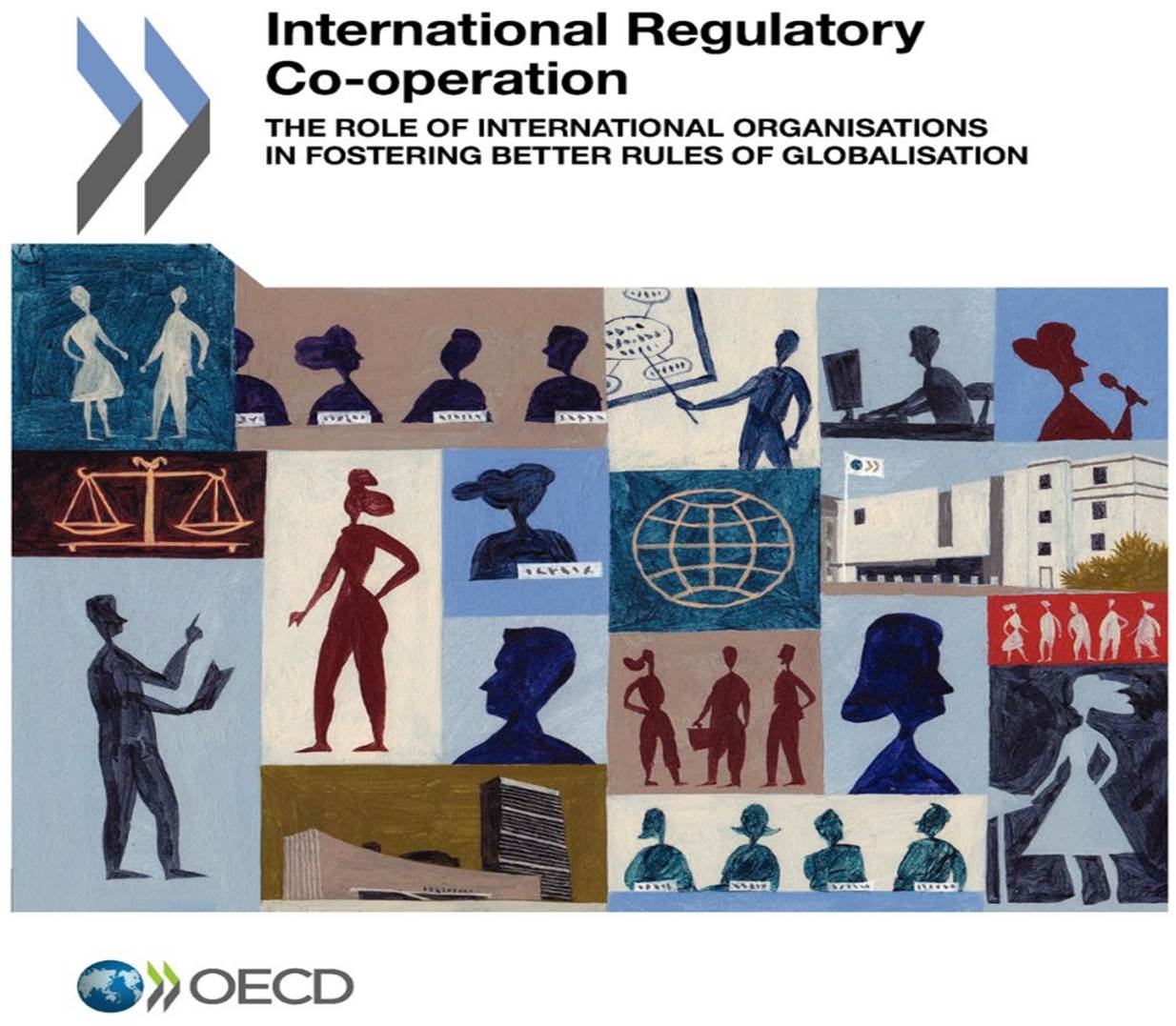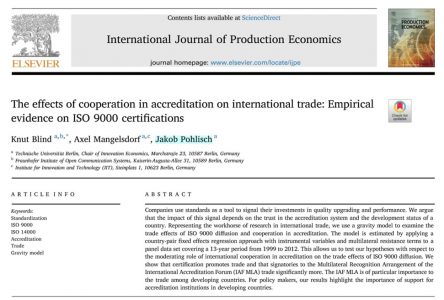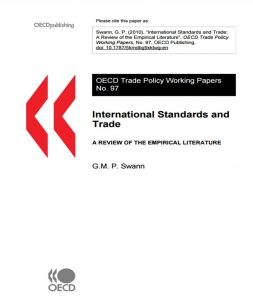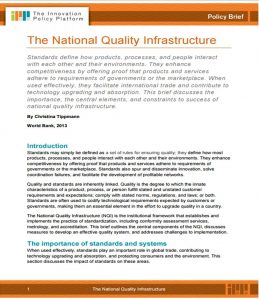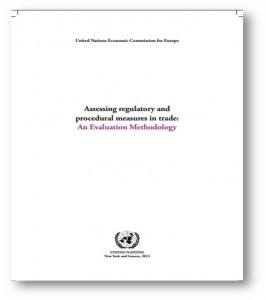Research
Global Accreditation Systems contribute to International Regulatory Co-operation (OECD, 2016)
ILAC and IAF, the global accreditation associations, have contributed to research conducted by OECD to analyse the impact of international organisations (IOs) in supporting regulatory co-operation. The research identified that International organisations (IOs) play a growing role as standard setting bodies in supporting regulatory co-operation with evidence showing that IOs contribute to International Regulatory Co-operation (IRC) by:
- offering platforms for continuous dialogue on regulatory issues;
- facilitating the comparability of approaches and practices;
- providing member countries with flexible mechanisms to identify and adapt to new and emerging regulatory areas or issues;
- contributing to the development of a common regulatory language
- developing international legal and policy instruments.
The OECD gathered unique evidence from 50 international organisations on their governance, operational modalities, rule-making practices and approaches to assessing implementation and impacts, which is presented in the report International Regulatory Co-operation: the Role of International Organisations in Fostering Better Rules of Globalisation (launched 2 November 2016). This comparative analysis takes into account the diversity of mandates, expertise and strengths of the 50 participating IOs.
By establishing the international accreditation arrangements based on the mutual recognition of certificates and reports issued by conformity assessment bodies, the development of common rules and policies, and the harmonising of accreditation practices, the report identified that ILAC and IAF play a growing role in supporting regulatory co-operation.
This OECD work on IRC and IOs is part of a broad study into the various mechanisms available to governments to promote regulatory co-operation, and their benefits and challenges. A full copy of the report is available from the OECD website.

